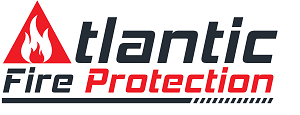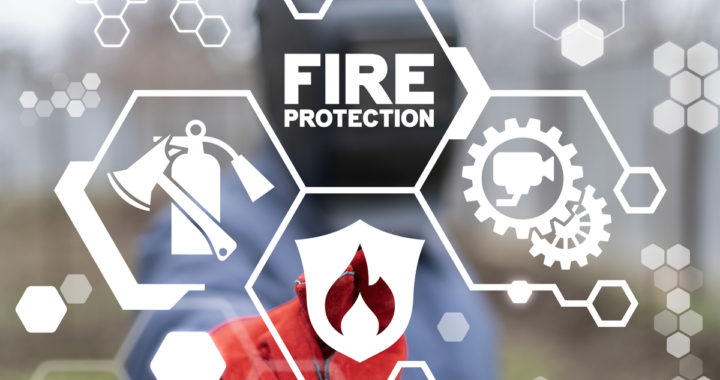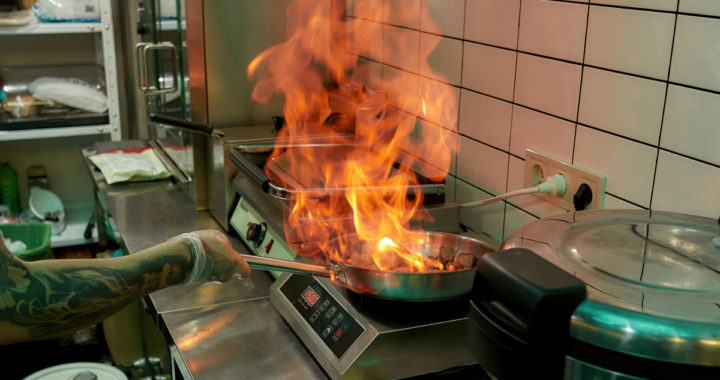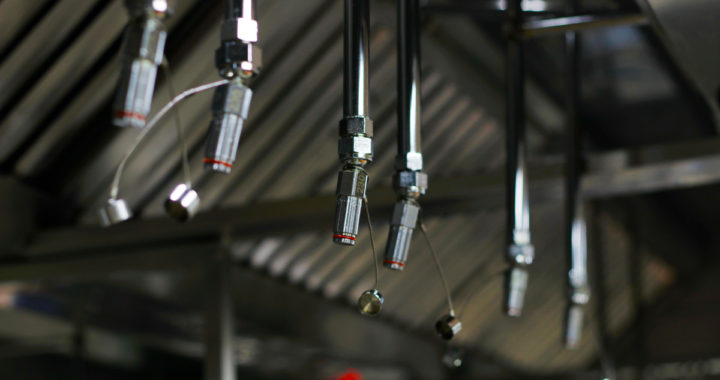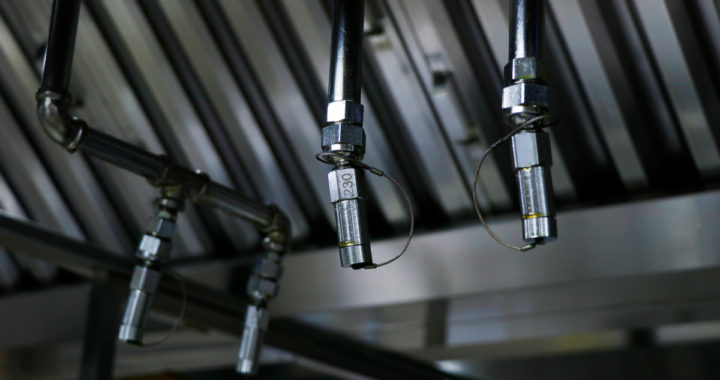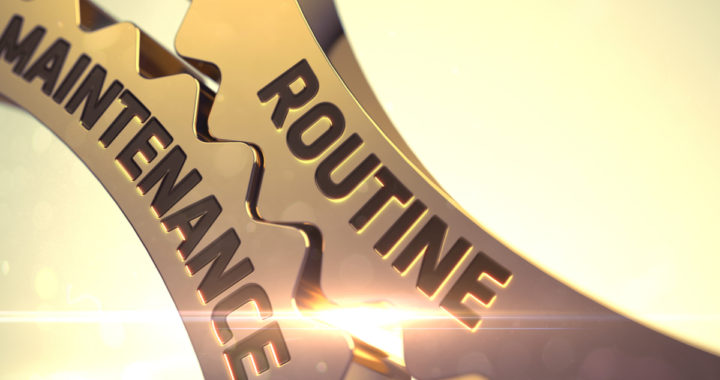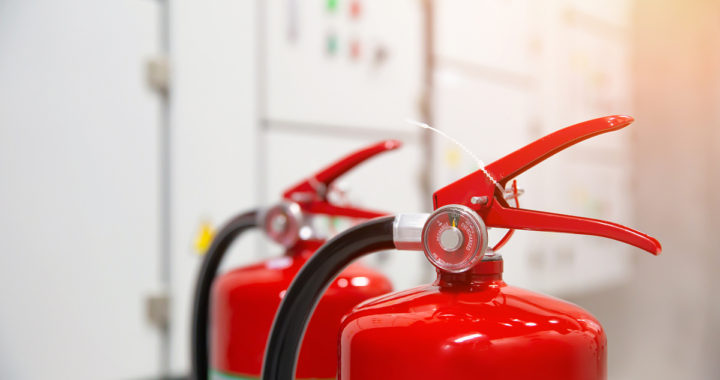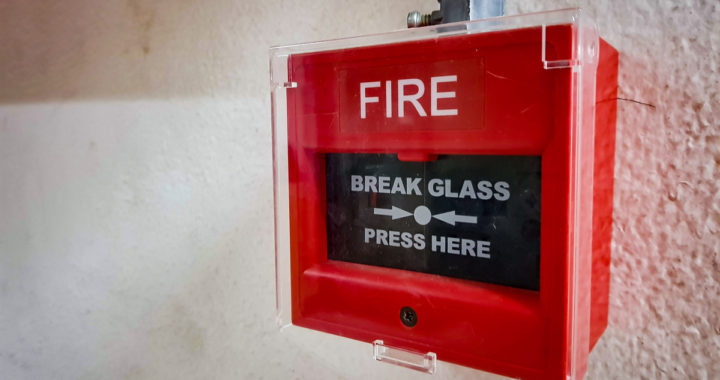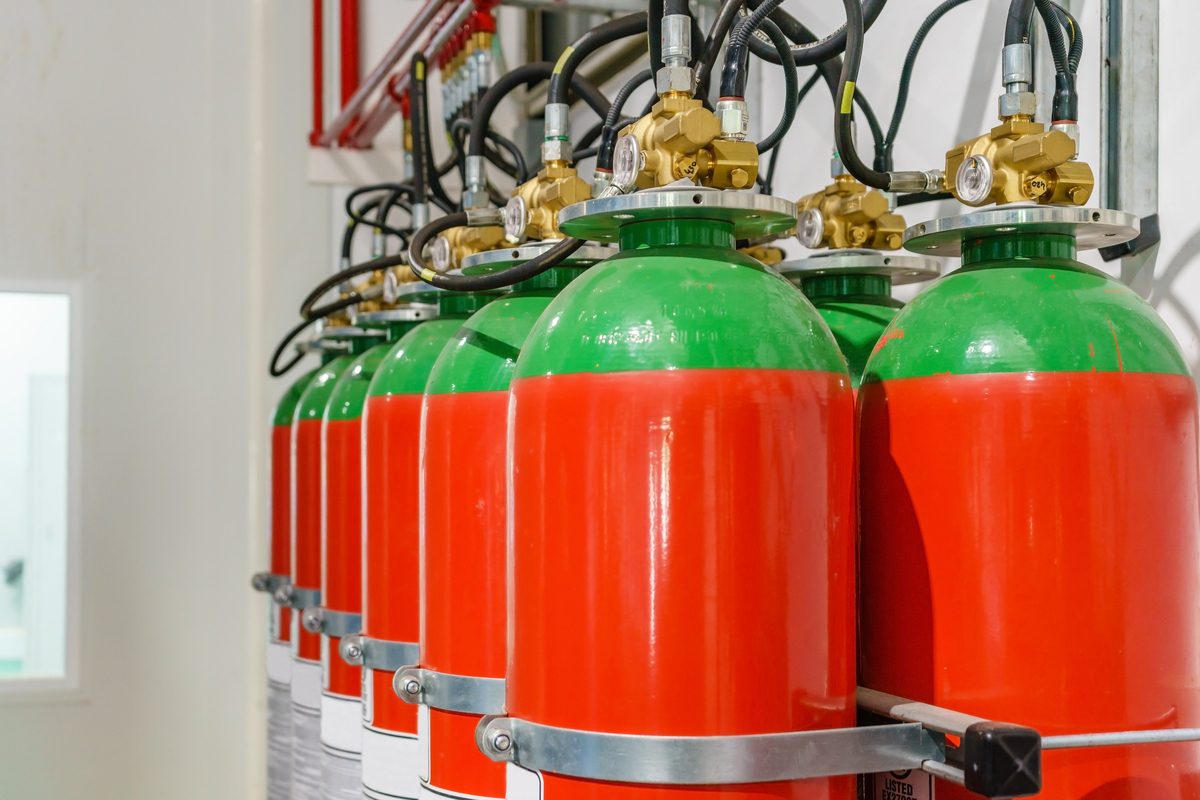We cannot underestimate the importance of fire protection systems. Commercial buildings such as restaurants, schools, hospitals, and homes have a kitchen. There’s cooking to some degree in all of these places, which means there is greater potential for fire hazards. The three main elements to safeguarding a building and the people inside are fire protection, prevention, and suppression. All three elements work together to keep the people and property safe.
Fire Protection
Fire protection systems help protect the building and minimize the damage in case there is a fire. They provide wide windows for a safe evacuation and attempt to reduce the potential cost of repairing after the damage. These systems can be active fire detectors or passive structural changes.
Fire Prevention
Fire prevention systems are to reduce the building’s fire load. Fire load helps determine the potential severity and is based on fire hazards in the building. Safe storage of combustible material and the proper care of ignition points, such as plug sockets and other heating systems, are measures taken to reduce fire risk. Scheduled fire safety inspections and risk assessments can go a long way to prevent fire on the property. It is a proactive system that identifies and removes fire hazards.
Fire Suppression
The main purpose of a fire suppression system is to extinguish a fire as quickly as possible. Most fire suppression systems have built-in components to detect fires at the initial stages through smoke, heat, and other warning signs. These components come with an alarm system to automatically alert the occupants and release suppressants’ applications. A few fire suppression systems use a manual application release to put out the fire.
Manually or automatically, fire suppression systems emit a substance that will suppress the fire. The substances may vary, depending on the type of environment.
Substances in Fire Suppression Systems
Environmentally friendly chemical reagents are used to keep spaces like data centers water-free and ecologically safe.
- Carbon Dioxide in fire suppression systems is efficient and makes clean-up easy. So, it is also cost-effective as it reduces downtime.
- Fire suppression systems using wet chemicals are usually helpful in restaurants. These are used in the form of a fine mist and can extinguish fires quickly. They are also easier to clean than dry chemicals.
- Dry chemicals are more suited for industrial spaces as they are high-hazard locations.
The Final Word
Knowing about the different aspects of protection from fire is only the start. Taking action by seeking professional services, from inspection to suppression, is your best bet for keeping the people and property safe.
